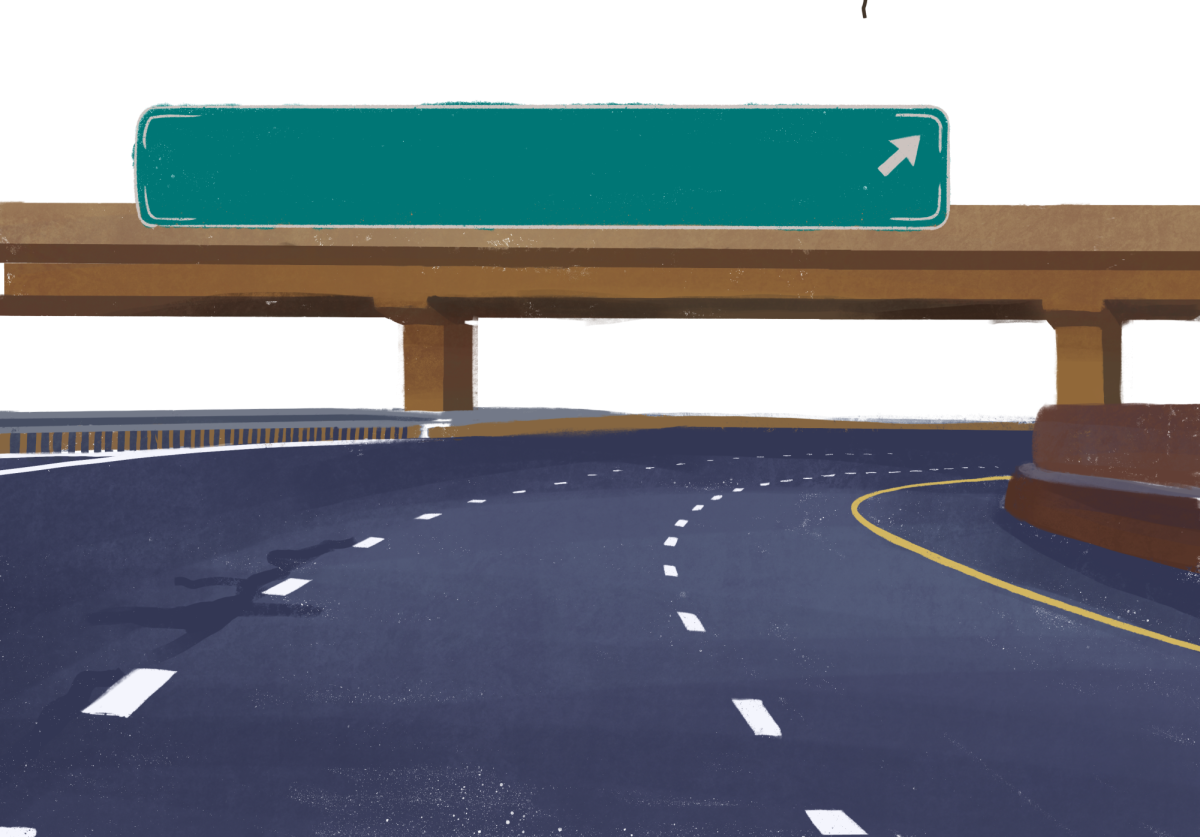Teens across the U.S. are suing states, and winning, according to the New York Times. In 2020, Our Children’s Trust, a nonprofit group from Montana that sues on behalf of youth fighting climate cases, started working on a case based on Montana’s Constitution, Article II, Section 3 of which stated that the citizens had the right to “a clean and healthful environment.” The teens thought that it was hypocritical since Montana has promoted fossil fuel development, which are a large contributor to climate change. Recently that case was brought up in a district court under Judge Kathy Seeley, where the students won against the state.
Senior Mia Larson is the head of the LASA Environmental Club, which hosts campus cleanups, writes letters to legislators, and promotes recycling. She believes the Montana student activists are doing great things by fighting against states.
“I think it’s exciting,” Larson said. “It’s a great precedent for other cases, and I think a lot of other youth groups in other states are following their actions. I know in Hawaii and Oregon pushes have been made with similar cases. It’s inspiring because it sets the precedent that it is the state’s responsibility, and it is our government’s responsibility to protect our right to a clean and safe environment, and that includes taking all possible action to fight climate change.”
Freshman Alex Nguyen is passionate about fighting climate change. Nguyen said protesting is a good way to bring awareness to the environmental crisis.
“My community and family promote climate activism so that people can be aware,” Nguyen said. “Lots of families come to our local park to raise awareness, and also other topics like current issues.”
Sadie Russell is a freshman and a proud climate activist. She says that individuals make a grander change when they come together.
“At the moment, there isn’t much that I can do as an individual, except for spreading awareness and being mindful of what I’m putting into the environment,” Russell said. “That said, I think that individual responsibility is something that’s placed on people to make it seem like they’re the cause of the problem, whereas companies are getting away with climate murder. I am doing everything I can to be aware and in the know of what I can do to help despite having limited power.”
Individual responsibility is something that’s placed on people to make it seem like they’re the cause of the problem, whereas companies are getting away with climate murder. I am doing everything I can to be aware and in the know of what I can do to help despite having limited power.
— Sadie Russell
Larson has similar ideas to Nguyen’s. However, she also recognizes that some infrastructure in the energy business, and oil and fossil fuels, can’t be dropped immediately.
“I think the best alternative is to switch to renewable energy,” Larson said. “I know electric vehicles and carbon-efficient cars are emerging. You can’t get rid of the need for oil, but trying to phase it out as much as possible is a great idea. A big part of that is where you spend our money instead of investing in these new oil projects, like investing in solar plants or wind farms. The way you address a lot of the admissions issues comes from how you invest and create the infrastructure for energy.”
Montana, specifically, has been affected by climate change via glaciers melting and fishing climates being ruined, with 35% of cold-water climates being unsuitable for trout by 2080, according to USGS. Montana is one of three states that’s constitution has a climate clause, enabling Our Children’s Trust to sue.
“I think it’s an angle that makes a lot of sense but I’ve never thought about it before, like suing the Constitution because of climate injustice,” Russell said. “I think that’s something that I wanna research in the Texas Constitution to see what role our state can play, and just keeping up with this in general. I think this is a great step towards change.”
Nguyen agrees with this sentiment. He has a new interest in climate change debates like this.
“… I think that Montana establishing and renewing oil projects is limiting the right for the citizens to have a ‘clean and healthy environment, ” Nguyen said.
Because of the ruling, Montana must now consider climate change when it is deciding whether or not to renew fossil fuel projects, a big step for a state that gets one third of its energy from coal. This case is the first of its kind to have success in the courts, and has paved a new road for young climate activists to take.




